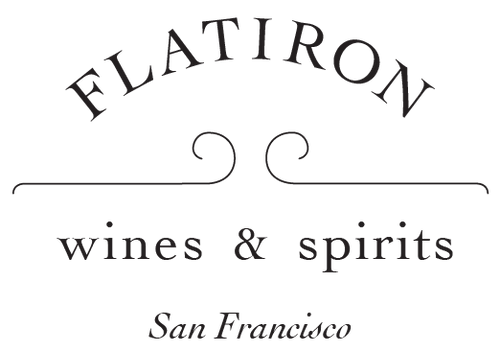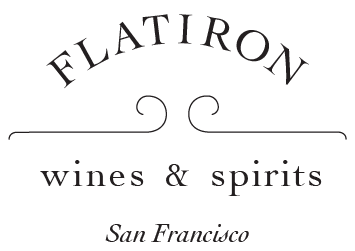Vollenweider
Farming old vines on the steep slopes of the Middle Mosel is hard work. And it doesn't pay well. With German wine prices staying so stubbornly low, we shouldn't be surprised that so many vineyard-owning... Read More
Farming old vines on the steep slopes of the Middle Mosel is hard work. And it doesn't pay well. With German wine prices staying so stubbornly low, we shouldn't be surprised that so many vineyard-owning families in earlier generations simply stopped working.
So, what motivates the growers who work so hard on such crazy sites, if not money? Sheer passion.
A small crop of vintners has come along, a new generation that's very interested in the old vines left fallow by their predecessors. Their interest, of course, is not from the point of view of agri-business, but something far more soulful. They feel a connection to the land and its history. They love Riesling, and they are in the middle of the greatest Riesling terroir on earth. They have very special land with very special old vines and they desperately want to see what kind of wine it can make.
Daniel Vollenweider's very special land is a vineyard called Wolfer Goldgrube in the Middle Mosel. The vines are 80 years old and ungrafted. He discovered his passion in fairly typical fashion: a great bottle of Egon Müller's Auslese. With inspiration like that, it's no surprise that Daniel's specialty is classic prädikat wines with residual sugar, rather than the dry wines that are becoming increasingly popular with newer winemakers.
And the wines even seem to possess some of Egon's magic. They are sweet, yes, but they come with an electrical minerality that brings energy and equilibrium to the wines. They are the kind of prädikat Rieslings that even lovers of the drier style will admire.

